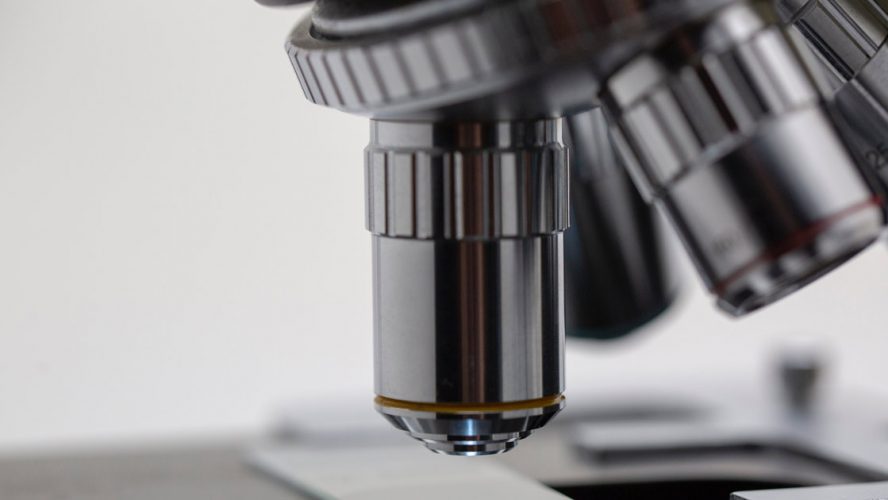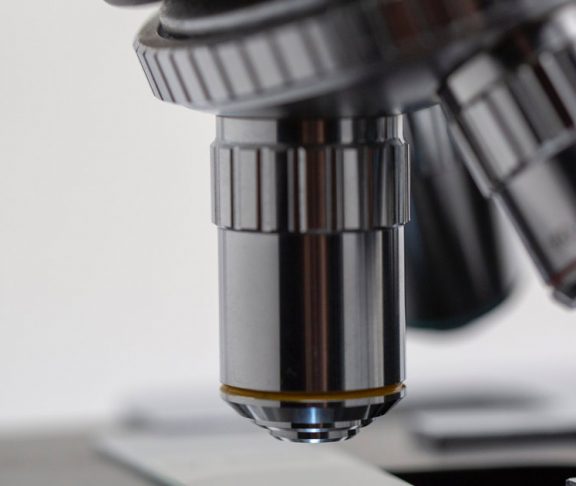
Dr Julie Gerberding
Executive Vice President, Strategic Communications, Global Public Policy, and Population Health, MSD
Drug-resistant organisms are evolving extremely quickly. So we are now faced with a challenge, in that people in hospitals and the community develop resistant infections and we don’t have effective drugs to treat them.
Supporting research and innovation is vital, but only a few companies are currently pursuing the development of drugs for resistant infections, partly because this requires big investments with no guarantee of success or returns. A further issue is ensuring that new antibiotic drugs maintain their effectiveness over time.
“When we had antibiotics coming out of the pipeline frequently, we got into the bad habit of overusing them, which has contributed to making them less effective,” says Dr Gerberding. “What we are left with today is precious and needs to be conserved.”
How? “We should be able to accurately diagnose infections quickly, target them with the most specific antibiotic available, and avoid prolonging treatment beyond necessary,” explains Dr Gerberding.
She notes that a commitment from industry and governments to address broader infectious disease priorities is also crucial, “because, on a global basis, these remain an important source of resistance.”
This is a particularly alarming issue in developing countries, where resources are limited, adds Dr Gerberding. In these populations, drug resistance to the world’s three most serious infectious diseases – tuberculosis, malaria and HIV – is happening and spreading in hospitals and communities, endangering the life of millions of children and adults. Adding to the situation are comeback diseases like Ebola, which need to be addressed quickly, to avert catastrophic consequences.
“We need to ensure that people who suffer from these diseases have access to vaccines, antibiotics and innovative approaches to diagnosis,” says Dr Gerberding. “The challenges are great. But we are addressing them in a period in our history when we couldn’t have better means and more opportunities for scientific breakthrough. With just a little bit more focus, we can take advantage of the explosion in genetic science and related advances that are on the horizon, and really solve this old-age problem, as well as new issues that are likely to emerge in this area.”

